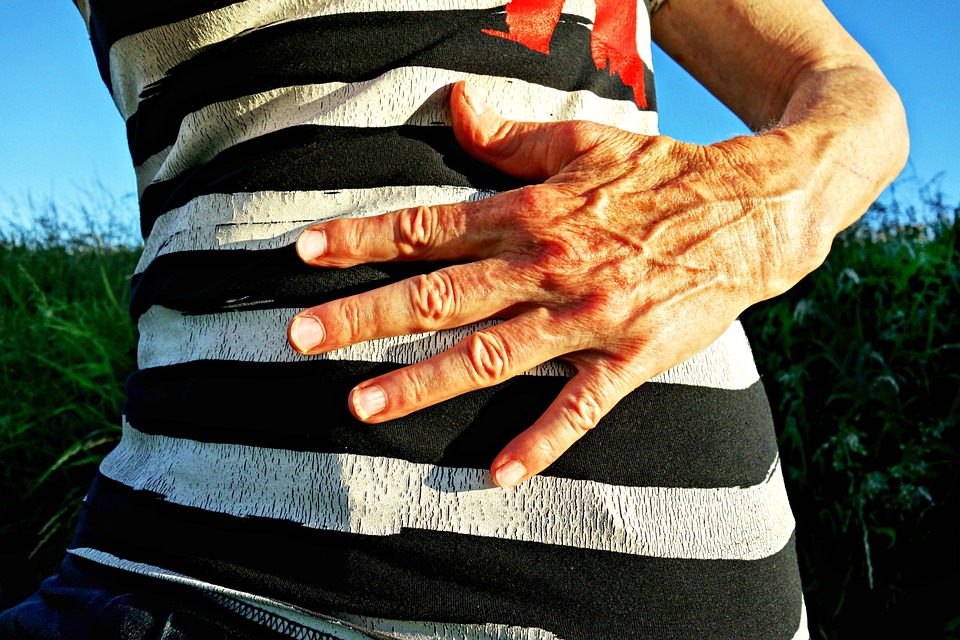Do you have low fiber in your daily diet and your bowel movements are paying for it? It is a gut feeling to think you just need more fiber in your daily food intake. If you don’t change your diet soon, it might turn into a case of diverticulitis. This colon condition affects several aspects of your stomach and bowel movement, so it is essential to be informed of it if you continue to have a low fiber diet.
What causes this condition and is there any treatment options for diverticulitis?
What is Diverticulitis?
The colon condition of diverticulitis is when the pouches, or diverticula, form in the colon wall. Theses pouches are common, especially for people aged 40 and older. They rarely cause problems or pain. However, if a pouch becomes inflamed or infected, diverticulitis occurs.
Doctors often feel the cause of it is due to a low fiber diet and cause the colon to work harder due to the lack of fiber. Marble-sized pouches protrude through the colon wall, and when they tear, the infection and inflammation cause severe abdominal pain, fever, nausea, and changes in your bowel habits. The good news? Diverticulitis can be treated, depending on the severity of the infection.
Symptoms of diverticulitis
Diverticulitis symptoms are confused with the stomach flu or food poisoning, so it’s important to listen to your body and pay attention to recurring symptoms that include:
- Persisting pain in the lower abdomen
- Nausea and vomiting
- Fever
- Constipation or diarrhea
- Loss of appetite
For severe cases, hospitalization provides antibiotics and drainage from possible infection sites.
How to Treat Diverticulitis
Treatment for mild cases of this condition is often rest, a change in diet, and antibiotics. Foods to avoid include any foods high in fiber. Your doctor may recommend a liquid diet for a period to allow your bowels to heal. However, severe and recurrent diverticulitis usually requires surgery.
Surgery for diverticulitis treatment
The following are the two types of diverticulitis surgery:
- Primary bowel resection: The doctor removes diseased segments of your intestines and connects healthy segments, making your large intestines shorter.
- Bowel resection with colostomy: If your colon has too much inflammation to rejoin the colon and rectum, then the doctor connects an opening (a stoma) in your abdomen to the healthy part of your colon. Waste passes through the opening into a bag. Once the diverticulitis inflammation recedes, additional surgery can reverse the colostomy and reconnect the bowel.
Elective surgery is another treatment if you are younger than 40 years old and had two or more diverticulitis attacks.
Other treatment options
Immediately after your surgery for diverticulitis, your doctor recommends a liquid diet, so your colon begins to heal. Other options are the following:
- Add plenty of fluids to your daily intake
- Begin to gradually add more fiber to your diet through wheat bran, fruits, vegetables, and a possibility of fiber supplement.
- Monitor your condition with regular doctor visits.
Treatment options help to prevent any future attacks of this condition.
Nevada Surgery and Cancer Care Treats Your Diverticulitis and Other Colon Conditions
We are proud to have doctors on staff with expertise in colorectal surgery. If you suffer from a colon or rectal condition, schedule a consultation with us so we can help you treat it today!

